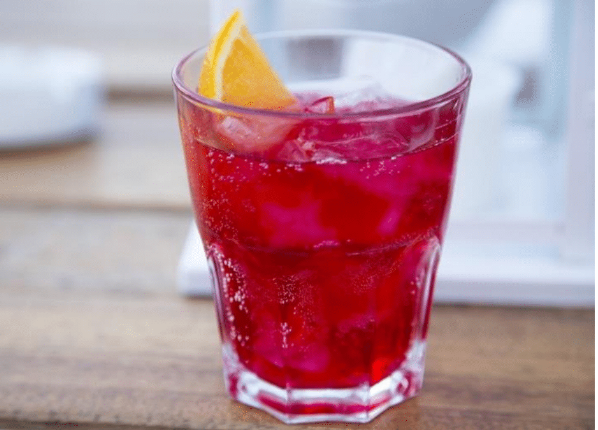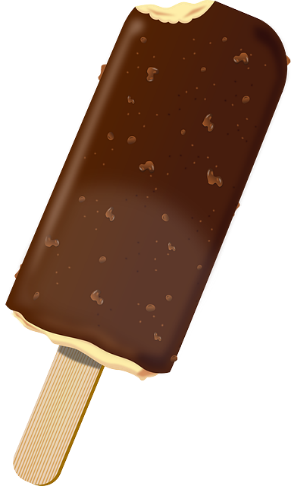
Keeping up optimal oral health takes more than brushing and flossing. Maintaining oral hygiene demands a bit of work, but it is worth it in the long run. Here are four ways you can improve your dental health right now.
- Replace your toothbrush more often. When was the last time you replaced your toothbrush? A month ago? Six months? Most people don’t swap out a new brush often enough, which can lead to reduced brush effectiveness. Change your brush at least every three months. Be sure to switch after having an infection like the cold or flu to prevent reinfection.
- Lay off the fizzy drinks. The acids present in soda wear away enamel, weakening your teeth and leaving them vulnerable to decay. In fact, people who drink three or more glasses of soda per day experience about 62% more tooth decay than those who choose another beverage like water.
- Opt for chocolate. Everyone loves a sweet treat now and then, but did you know that certain candies are better for your teeth than others? The American Dental Association reports dark chocolate is the healthiest option, as it is soft and washes off your teeth easier than other candies. Hard, sticky, and sour goodies should be avoided, because they can stick to your teeth and even cause chips or cracks if you bite down too hard.
- Visit your dentist. Trips to our Richmond family dentist should occur at least twice a year—not just when you have a toothache. We offer preventative care, vital education, and important cleanings, which are all part of maintaining excellent oral health. Reynolds Family Dentistry of Richmond is pleased to offer a variety of solutions to keep your smile healthy. We are also able to customize a health plan tailored to your specific needs. Book your appointment today.









